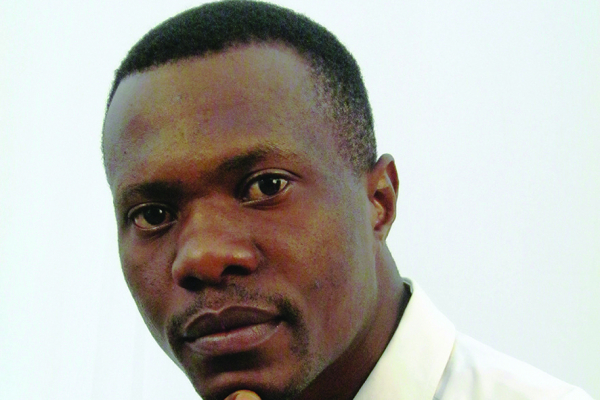
guest column: Learnmore Zuze
THERE are imperative lessons to be gleaned from a recent survey of a United States Trust which puts the average age of African president at 70. It was revealed that Africa, which ranks as the continent with the youngest countries, is ironically run by the world’s oldest presidents.
Among other graphically eye-opening facts, the study cites Cameroon’s Paul Biya, who assumed office in November 1982, as currently the oldest president in Africa at 86.
Conversely, the presidents presently regarded as the youngest in Africa are Uhuru Kenyatta of Kenya, who is 57 and Burundi’s Pierre Nkurunziza who is 55.
It would appear that the tradition of older presidents leading young countries is not going away any time soon, much to the detriment of Africa. I say to the detriment of Africa, not necessarily that an old president cannot lead a nation to prosperity, but for the fact that fresh ideas scarcely arise from a man who has been in office for 40 years. Even enterprising business organisations won’t allow a chief executive officer to go beyond 10 years in a single position.
Palpably, after ten years at the helm of an undertaking, it is apparent that complacency and lethargy sets in.
Ugandan President Yoweri Museveni, in office for five terms since 1986, seems likely to run for another term in 2021, when he will be 77.
What originally started out as a one-term presidency for the man, soon turned into the same kind of overstay in power that Museveni himself once denounced as the reason for Africa’s slow progress.
- Chamisa under fire over US$120K donation
- Mavhunga puts DeMbare into Chibuku quarterfinals
- Pension funds bet on Cabora Bassa oilfields
- Councils defy govt fire tender directive
Keep Reading
One of the many remarkable things about Uganda’s political environment is the fact that more than 75% of the country was born after Museveni came to power.
It is precisely the predicament in Africa that such people cannot connect, neither can they relate to the constant reminder of the rigours of revolutions.
The delta between the ages of some of Africa’s long-serving presidents and the median age of their citizens is incredible.
Median age is the age that divides a population into two numerically equal groups, that is, half the people are younger than this age and the other half older.
In Uganda, it is a whopping 57,5 years. The median age of Africa’s largest country by population is 18,4 years, implying a gap of 56,6 years.
Now, given this enduring tradition of older presidents across Africa, the argument from someone could be the possibility of Constitutions which have upper-age limits on what constitutes a leader who is still of a sound mind and can diligently execute duties.
Zimbabwe’s Constitution stipulates that a person can only assume the presidency after attaining 40 years of age.
Nevertheless, the Constitution remains silent on the upper age limit.
This effectively means a person can still be president at 100 years unless they have become incapacitated or infirm.
In my view, the real tragedy of Africa is not necessarily in the failure to put caps on the age of Presidents, but the wanton disregard of strict adherence to term limits as required by constitutions.
The lack of term limits in Africa is chief among its hard-headed problems. To illustrate, Museveni has run his country for over 30 years and any normal person may feel that Museveni has had his time to implement the change. By now, surely, his energy and enthusiasm must be sapped.
The trouble is Museveni and his ilk do not think so. In fact, Museveni himself was quoted as saying he was amenable to the idea of Uganda’s five-year terms actually being stretched to seven years, purportedly to allow a President to properly complete a development agenda.
After gruelling weeks of political wrangling and abductions, the Ugandan Parliament pushed through a change to the Constitution which removes age limits for holders of the highest office. To be precise, Museveni, in office for five terms since 1986, seems likely to run for a term in 2021, by which time he will be 77.
There should not be a problem with one advanced running the affairs of a nation, but the question is that of competence. It is trite to say that a person who is well over 80 years of age cannot operate with the same diligence and enthusiasm as that of a 46-year-old President.
The continued stay of geriatrics in power naturally points to stagnation and apathy. Even worse, there is a real risk of State capture as geriatric Presidents’ age and loss of ability to make sound decisions sets in.
This script played out loudly before the ouster of former President Robert Mugabe when his wife, evidently seeing incapacity, made herself the de- facto President of the country.
Mere old age and link with the revolution do not necessarily translate to competency. Africa will continue to lag behind as long as it keeps hanging to this tradition.
The late University of Zimbabwe academic John Makumbe captured this phenomenon well when he likened it to driving a vehicle while constantly focusing on the rear view mirrors.
It’s crucial to look back, but Africa desperately needs the gospel of competency more than anything else.











